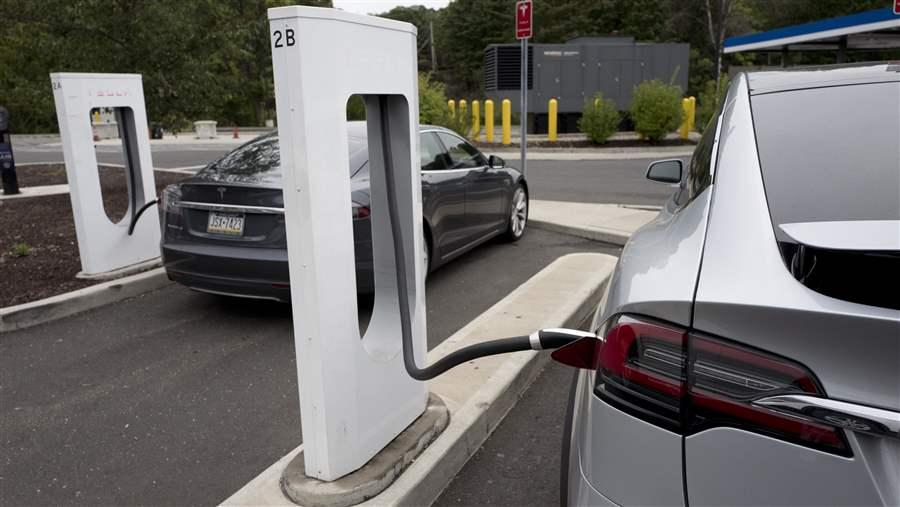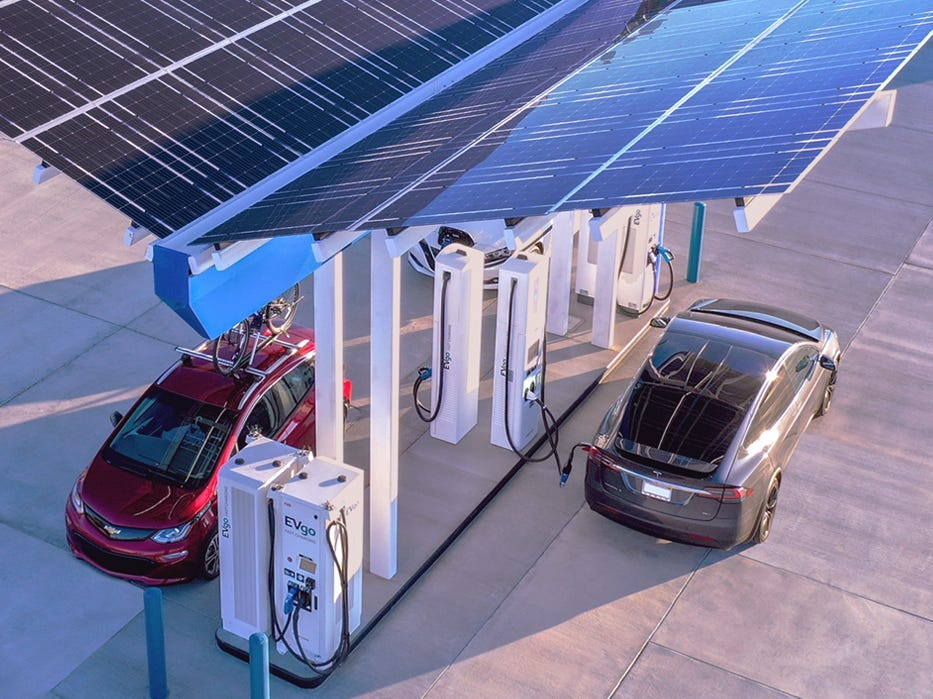Electric Vehicle Charging Companies: Charging Cost & Average Mileage
Can you recharge an electric car at your home?
When it comes to an electric car, one of the most common questions is regarding the Electric Vehicle Charging Companies. After all, the difference is exactly the “fuel” of these models, which do not require the burning of fossil fuels partially or totally — as is the case with the New Nissan LEAF, a car considered to be Zero Emission.
But, after all, is it possible to charge an electric car in your home? Or is it necessary to have access to a specific set of chargers and outlets to fully charge your vehicle?
In this article, , we are going to talk a little about Electric Vehicle Charging Companies that should generate many doubts among consumers.

How does Electric Vehicle Charging battery work?
Despite all the technology involved in creating an electric car battery, this power supply component is not much different from a conventional battery. It is the one common to power your smartphone’s remote control or battery, for example.
A common cell is a set basically composed of three elements: the anode (negative pole), the cathode (positive pole) and an electrolyte. To provide energy, the cell transforms this chemical solution through an electron transition process between the two poles. Thus, electricity is produced precisely by conducting the ions generated by this exchange through the electrolyte.
Electric Vehicle Battery structure
In electric cars, Electric Vehicle Charging Companies battery comes up of thousands of these “cells”. They are usually joined in parallel or in series. Similarly, they are responsible for providing the energy consumed by the vehicle’s engine. In the case of the New Nissan LEAF, the battery has shape like blades, called cells. Furthermore, in this model, the batteries are compact and are on the floor.
How to charge an electric car with Electric Vehicle Charging point?
An electric car is easy to fully charge at home. This finding shatters the prejudice of those who think that vehicles powered by electricity demand major changes in routine and domestic structure.
Nissan LEAF as a base, for example
Take the Nissan LEAF as a base, for example. This model, the best-selling electric car in the world, has a total of three charging modes, considerably increasing its versatility. The first one is what the brand calls emergency charging and uses grounded plugs of 110 Volts conventional. It takes a little longer to complete the charge of the New Nissan LEAF: it takes up to 20 hours.
The second way to recharge is through the Electric Vehicle Charging Companies. This is currently installed free of charge by Nissan in the buyer’s preferred place. This is the preferred recharge format, which uses a voltage of 220 Volts and takes up to 8 hours to complete the vehicle’s battery.
Street Electric Vehicle Charging Companies stations work process
Finally, street charging stations represent the third way to recharge the New Nissan LEAF. These places generally have the fastest chargers, capable of supplying 80% of the vehicle’s battery in up to 40 minutes. Posts like these are already located in large USA cities and, and in many of them, recharge is free.
According to the manufacturer’s estimates, filling the battery of the new Nissan Leaf with the Electric Vehicle Charging Companies can cost between $25 to $50. Considering the worst possible scenario, in which electricity is more expensive and you will have to pay $50 for “totally fill the tank.
Electric recharge points start to be opened in USA
The trend towards electric cars is evident with the inauguration of new charging points. BR-277, a highway that connects the cities. Along the route, eight units distributed along the highway serve this type of supply. They come in many cities. In this way, electric car drivers can now cross the state of Paraná without failing to load their cars on the road.
This is an initiative of the state government with Electric Vehicle Charging Companies. Each electro station has three connectors for electric or hybrid cars, all of which are fast charging. Another good news is the fact that charging will be completely free for drivers.
People have doubts about Electric Vehicle Charging Companies
The electric cars are already a reality in USA, brands such as JAC Motors, Nissan, Renault, Chevrolet and BMW are already marketing their models. However, as it is still a novelty in the country. Many people have doubts about Electric Vehicle Charging Companies. It is mainly because of the high price and because we don’t have so many stations prepared to supply them.

On the other side of the coin is the fact that electric cars are capable of significantly reducing the emission of polluting gases, in addition to being quieter and having interesting technological resources for drivers.
Electric cars in USA: see models and prices
The electric cars in USA face the same obstacle that in other parts of the world, the price, which is quite high compared to traditional cars. In our country, the issue is further aggravated by import duties and taxes.
Anyway, the fact that new models are arriving in USA soil is a good sign and gives consumers options to choose from. Each one wants to invest and other characteristics that they deem important.
Advantages of Electric Cars
- long term savings
- The high value of electric cars varies over time of use.
- Recharging energy costs much less than traditional fuels such as alcohol and gasoline.
- Another advantage is related to vehicle maintenance
- which is also cheaper than models with a combustion engine?
- It has limits to the tires and battery.
- In the following item we will talk about taxes, which vary for each region.
Conclusion
Electric vehicles are considered as part of the energy system. In this way, locally produced electricity is easy to store in the batteries of the electric cars and if demanded reinserted into the grid. This can balance irregular local production of electricity and also effect imbalances of the grid in general. So we shall recommend contacting reliable Electric Vehicle Charging Companies.

